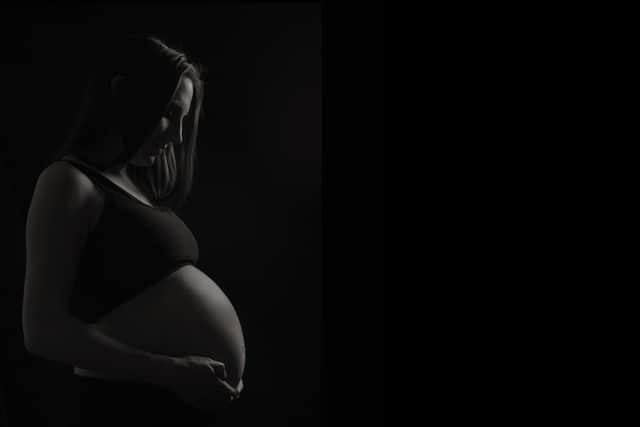Baby death rate in Preston revealed
and live on Freeview channel 276
As a new report by MPs calls for more work to be done to make maternity services safer across England analysis of the latest figures reveals how parents in Preston have been affected by stillbirth and infant mortality.
The Government pledged to halve the number of stillbirths, neonatal and maternal deaths nationally by 2025.
Advertisement
Hide AdAdvertisement
Hide AdBut experts have called for urgent action after worrying disparities in maternity care across England were highlighted following an inquiry by the parliamentary health and social care committee.


The committee said the country's baby death rates had improved significantly but that general progress on improving safety following "shocking failures" at some NHS trusts was too slow.
Office for National Statistics data shows that in Preston, nine babies were stillborn in 2019 – the year for which the latest data is available.
That meant around five in every 1,000 babies in the area were stillborn that year.
Advertisement
Hide AdAdvertisement
Hide AdA further four newborns died within 28 days of birth – equating to a rate of approximately two in every 1,000.
The figures do not show if any of the deaths could have been prevented or were the result of failings by maternity services.
Around four in every 1,000 babies delivered in England and Wales were stillborn in 2019 and around three in 1,000 died before they were a month old, with those born to black or Asian mothers significantly more likely to die.
The committee's report said that the Government's commitment to halve the rate of stillbirths and neonatal deaths was not achieving equitable outcomes.
Advertisement
Hide AdAdvertisement
Hide AdIt added that women and babies from minority ethnic and socio-economically deprived backgrounds were at greater risk than their white or less deprived peers.
Chief midwifery officer Jacqueline Dunkley-Bent, who is developing an equity strategy, said the NHS had achieved a 25 per cent reduction in stillbirths over the course of a decade and welcomed a £95m Government funding boost announced earlier this year.
However, she told the inquiry some of the people using maternity services had to contend with social and financial deprivation, inequality, discrimination and racism, adding: "I cannot categorically say when we will close the gap on equity."
Clea Harmer, chief executive of stillbirth and neonatal death charity SANDS called for an in-depth investigation and the introduction of targets to tackle the disparities.
Advertisement
Hide AdAdvertisement
Hide AdShe said: "Babies should not be at a higher risk of death simply because of their parents' postcode, ethnicity or income."
The inquiry found that the Government's overall progress toward meeting its own maternity safety goals required improvement and said maternity services should receive an extra £350m funding each year with immediate effect to ensure workforce levels and training standards could be improved.
A Department of Health and Social Care spokesperson said maternity safety was a priority for the Government and that no parent or baby should have to suffer avoidable harm during childbirth.
They added: "We know there is more to be done, and the Government is backing NHS maternity leaders with investment to help improve workplace culture, while also funding a plan to reduce birth-related brain injuries and better match maternity staffing to local needs.
“A strong workplace culture only makes a difference when the NHS has the staff it needs, which is why we are growing the maternity workforce with a £95m recruitment drive.”